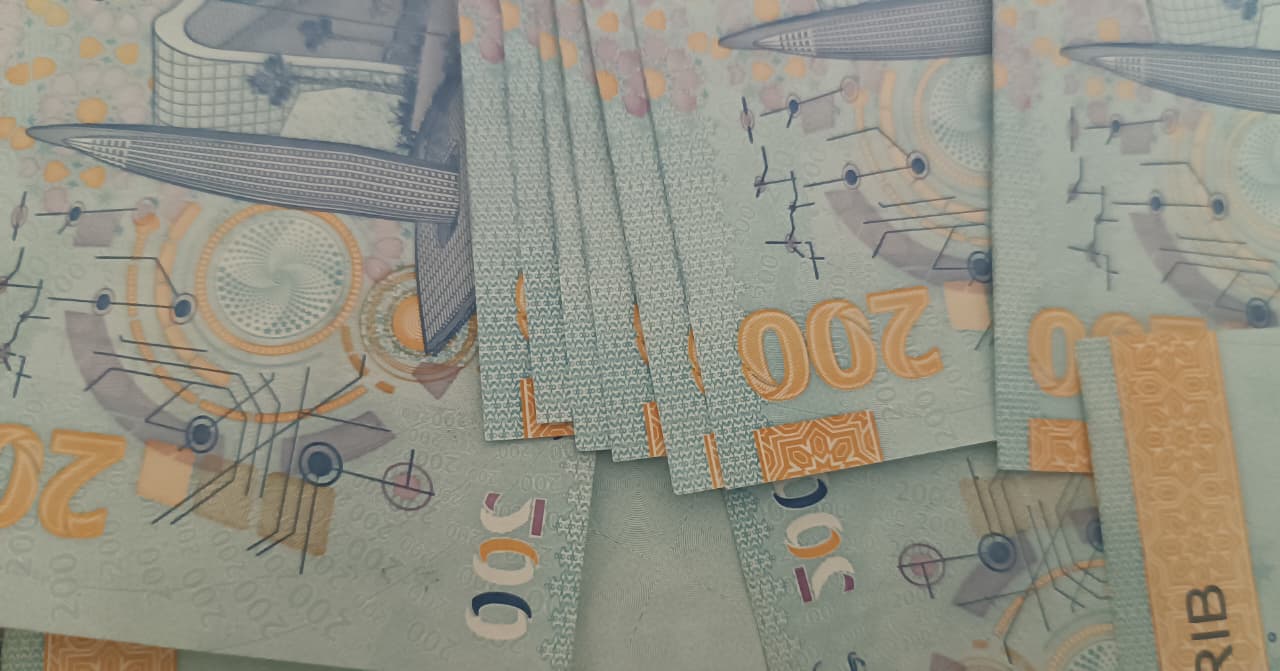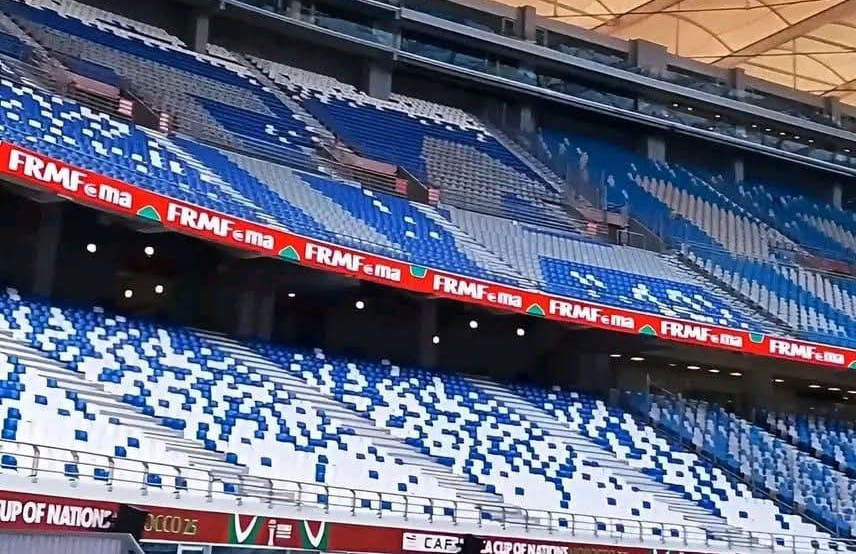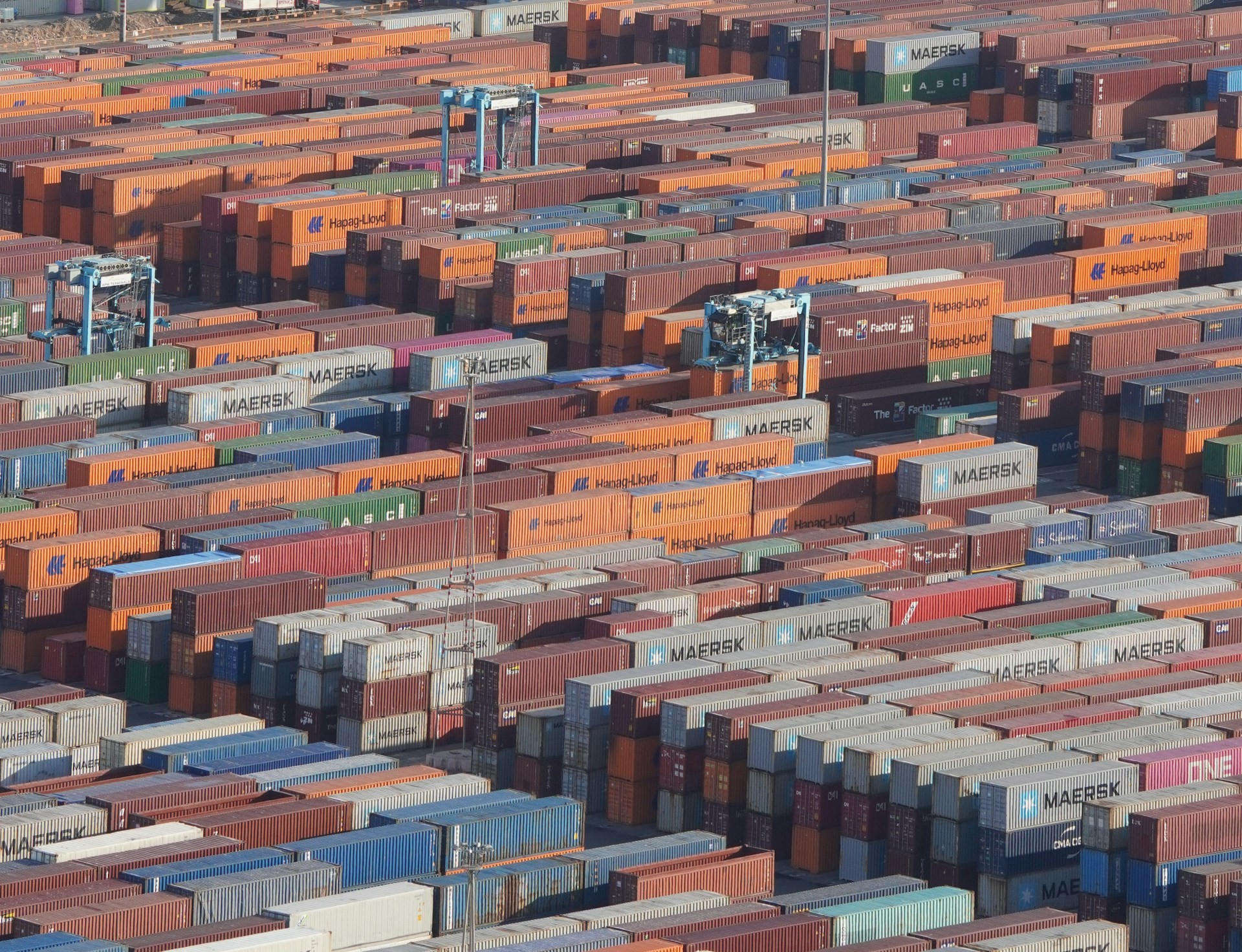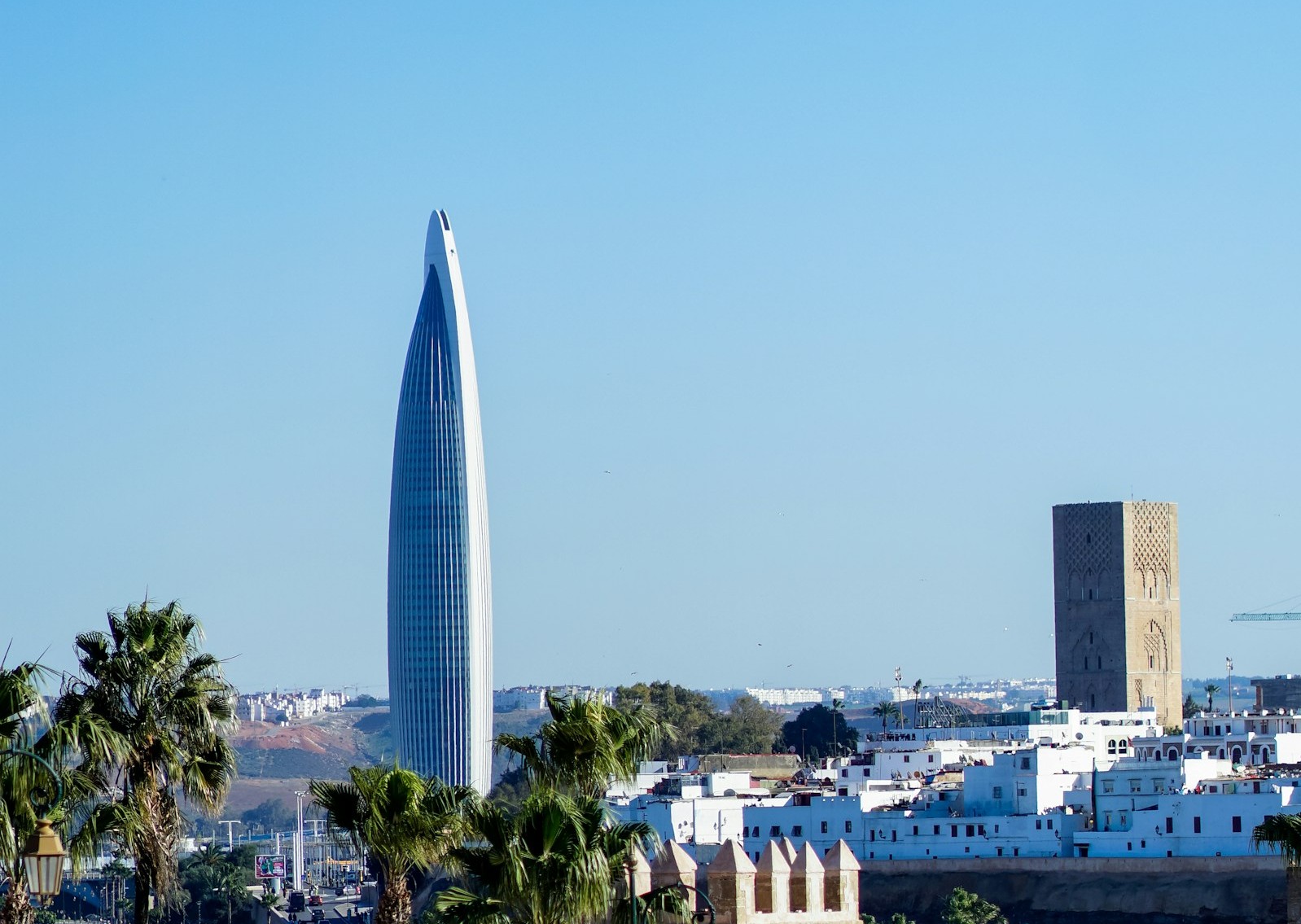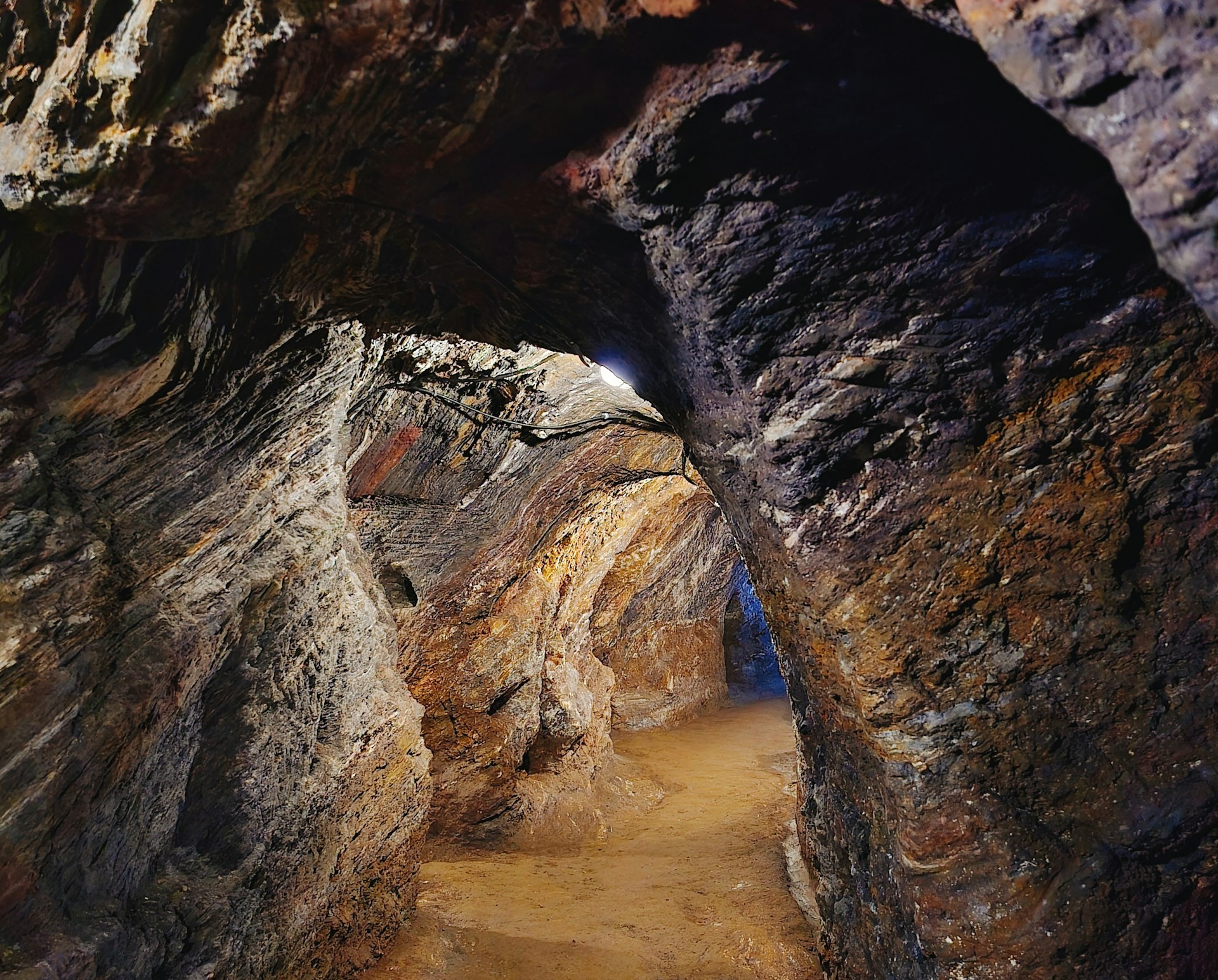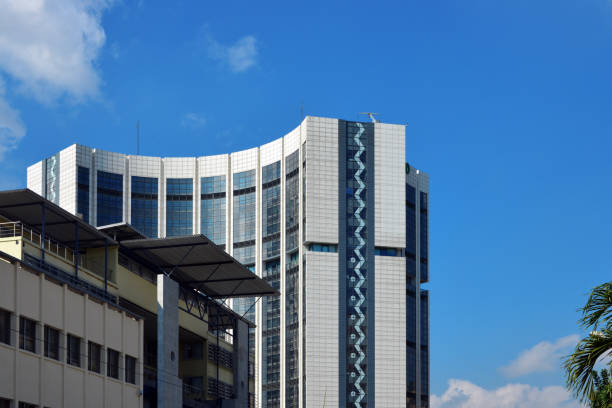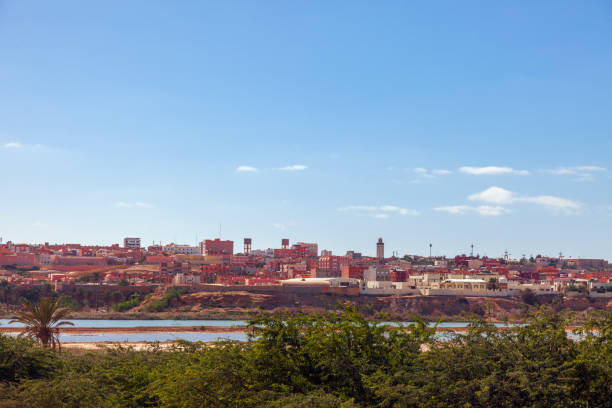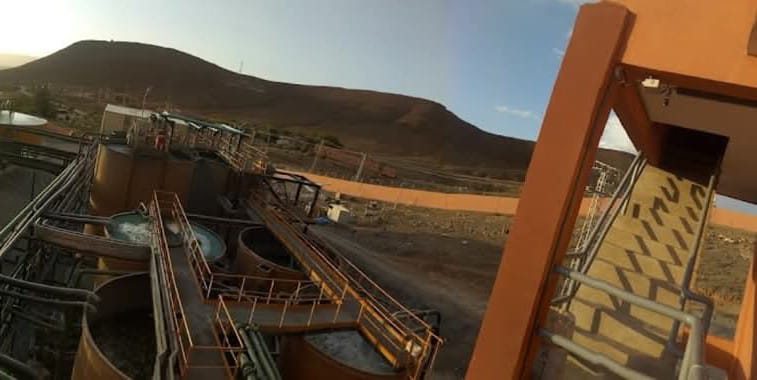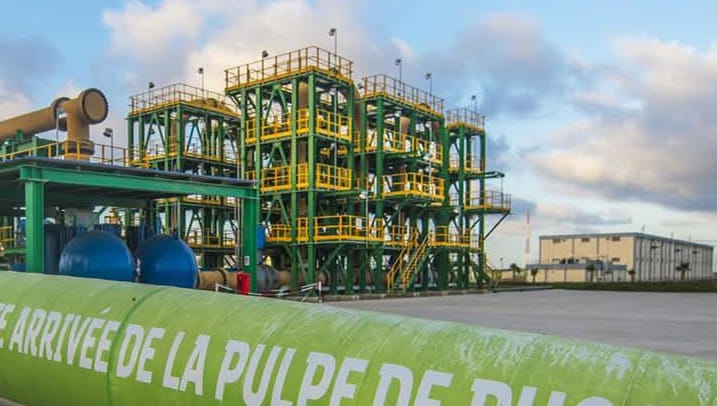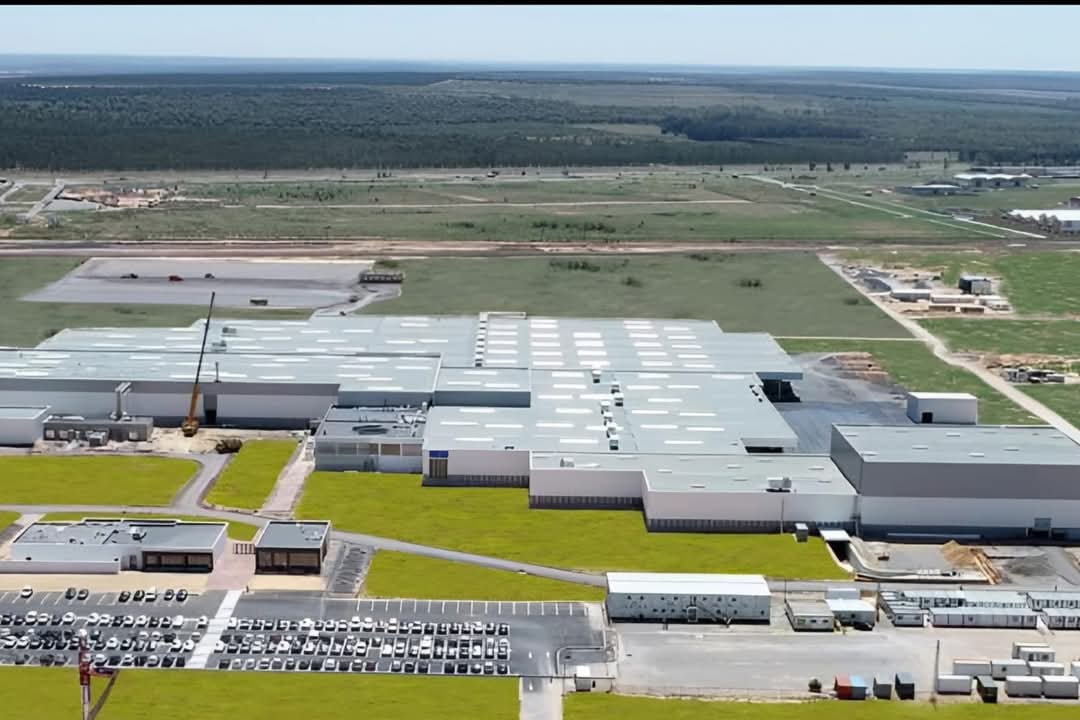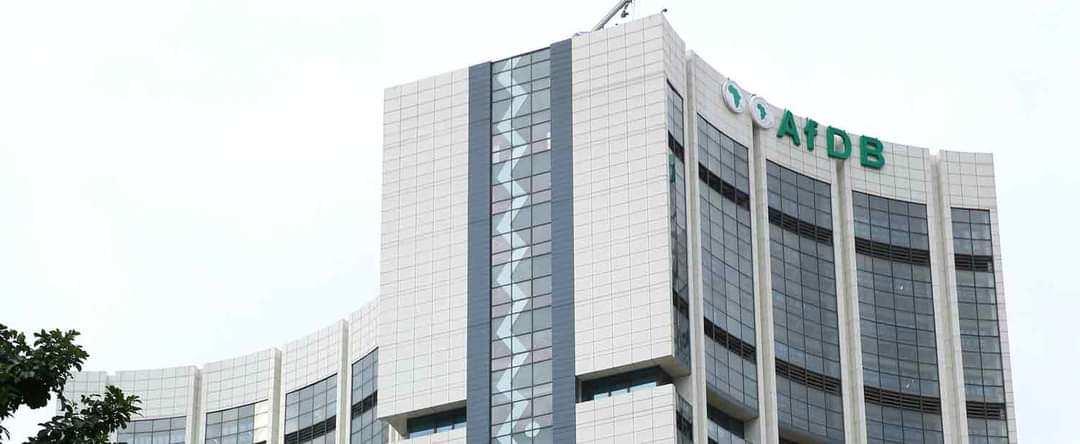Casablanca – Morocco is set to welcome a significant new addition to its growing automotive industry with the upcoming construction of a major tire manufacturing plant by China’s Shandong Yongsheng Rubber Group. The project marks a turning point in Morocco’s industrial development and reflects the country’s rising stature as a manufacturing hub in Africa.
Shandong Yongsheng, a global tire manufacturer known for its Tracmax and Road King brands, announced its intention to establish a high-capacity factory in Morocco. Founded in 1986, the Chinese firm operates in more than 160 countries and reports annual revenues exceeding $1.5 billion. This Moroccan expansion is part of a broader international strategy, with similar projects planned in Europe and Latin America, along with new research and development centers in Asia and Europe.
Construction on the new plant is expected to begin within the next six months. The facility will initially produce 6 million tires per year, eventually scaling up to 12 million units annually, positioning it among the largest tire production sites in North Africa. The project will also create an estimated 1,800 direct jobs, with many more indirect roles expected in supporting industries such as logistics, maintenance, and supply services.
While the city of Kénitra is currently the front-runner for the plant’s location, an alternative site is also being considered in the Oriental region, near the Nador West Med industrial port. Earlier this year, delegations from Shandong Yongsheng visited vocational training centers and local development zones in Nador to evaluate infrastructure and workforce readiness. These visits included meetings with local investment officials and education leaders to ensure alignment between the company’s needs and regional training programs.
Kénitra, located along Morocco’s Atlantic coast, offers strong logistical advantages, including proximity to key highways, ports, and industrial zones. It has also emerged as a centerpiece of Morocco’s automotive strategy, already hosting major car manufacturers and component suppliers. The choice of location reflects Morocco’s deliberate effort to attract foreign investment through competitive incentives, free trade agreements, and a skilled, cost-effective labor force.
In addition to its economic potential, the tire plant is expected to advance Morocco’s technological capabilities. Shandong Yongsheng has pledged to equip the facility with modern, high-efficiency production systems. The factory will adhere to international quality standards and incorporate advanced manufacturing techniques, allowing it to serve both domestic and export markets.
Environmental sustainability is another key component of the project. The company has committed to implementing eco-friendly practices, including energy-efficient processes and a tire recycling program. These initiatives are in line with Morocco’s broader green economy goals and its commitment to reducing industrial emissions and waste.
Local reaction to the announcement has been largely positive. Municipal officials, business leaders, and labor unions have expressed support for the job creation and economic stimulus the project is expected to generate. However, some have called for safeguards to ensure that workers’ rights are protected and that local communities benefit equitably from the investment. Discussions are ongoing to establish a partnership framework between Shandong Yongsheng, government agencies, and civil society stakeholders.
This investment follows a wave of Chinese interest in Morocco’s automotive sector. Companies such as Sentury Tire and Shandong Daye have also announced plans to expand in the Kingdom, reinforcing Morocco’s role as a key gateway to European and African markets.
As construction approaches, the tire factory is poised to become an important part of Morocco’s industrial future—boosting exports, enhancing local capabilities, and strengthening the country’s position on the global automotive map.
